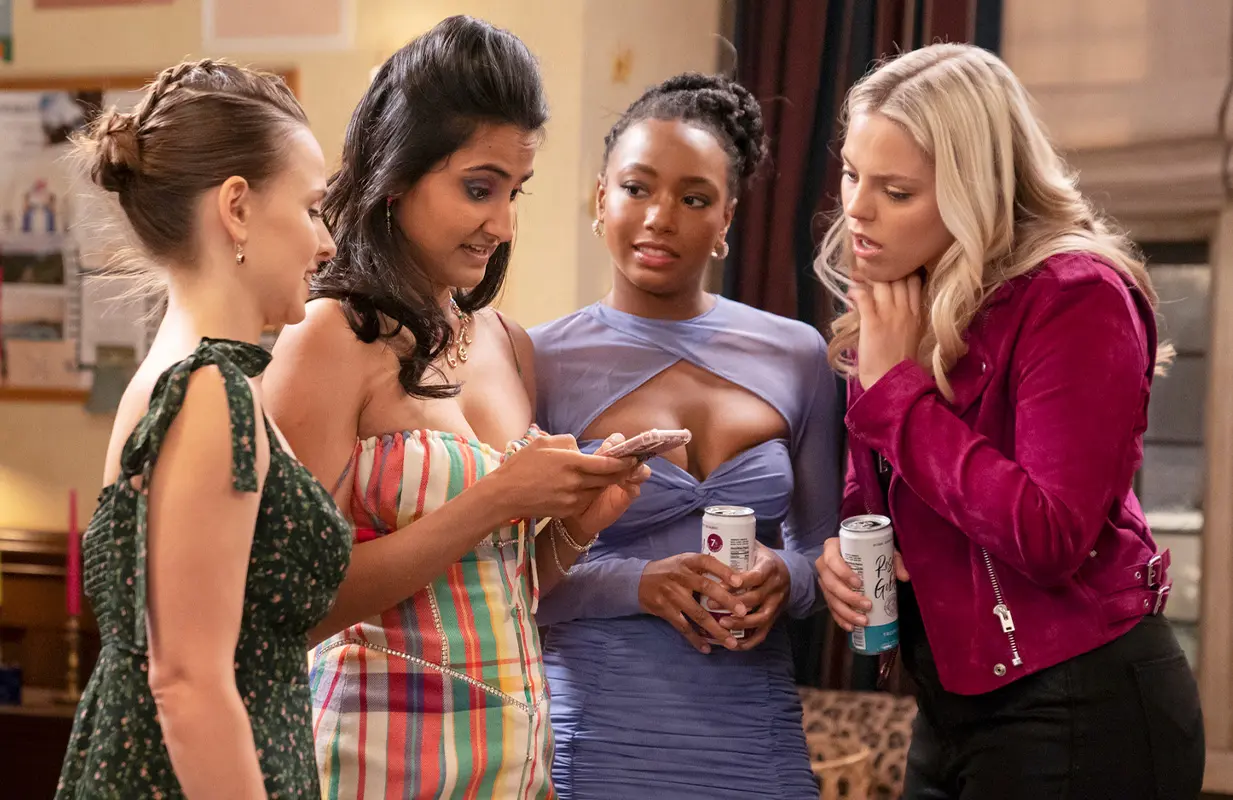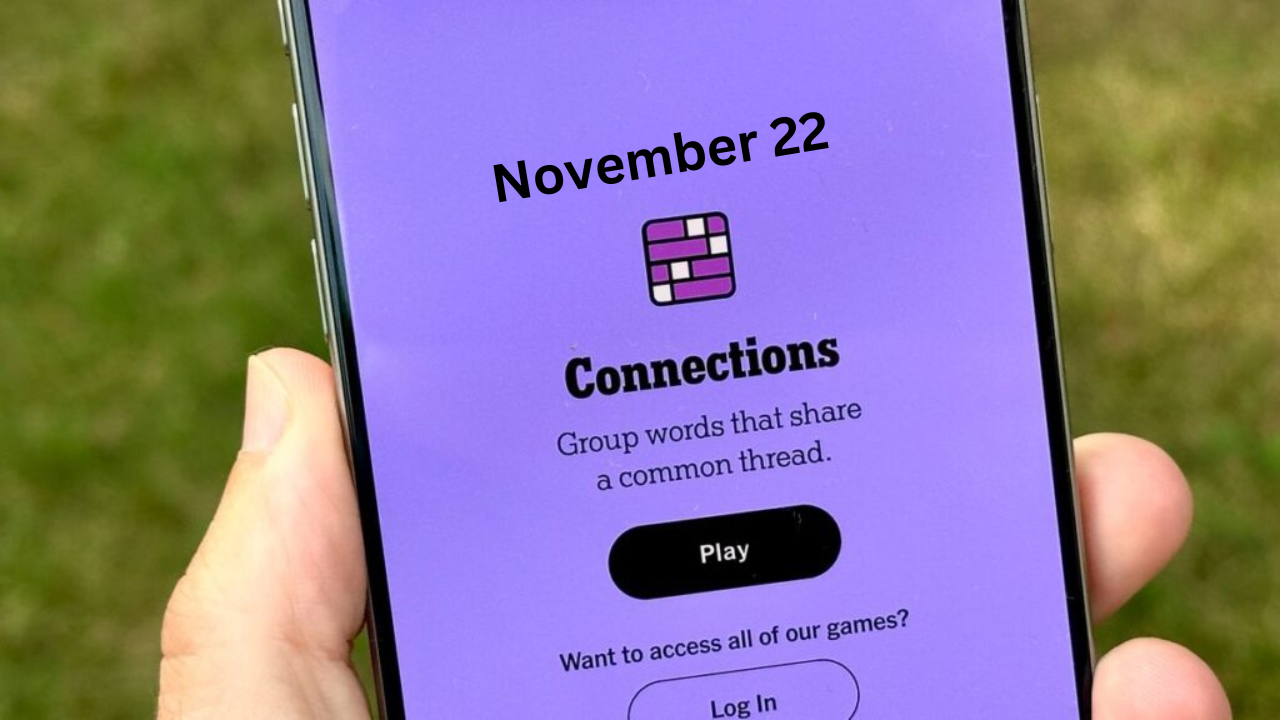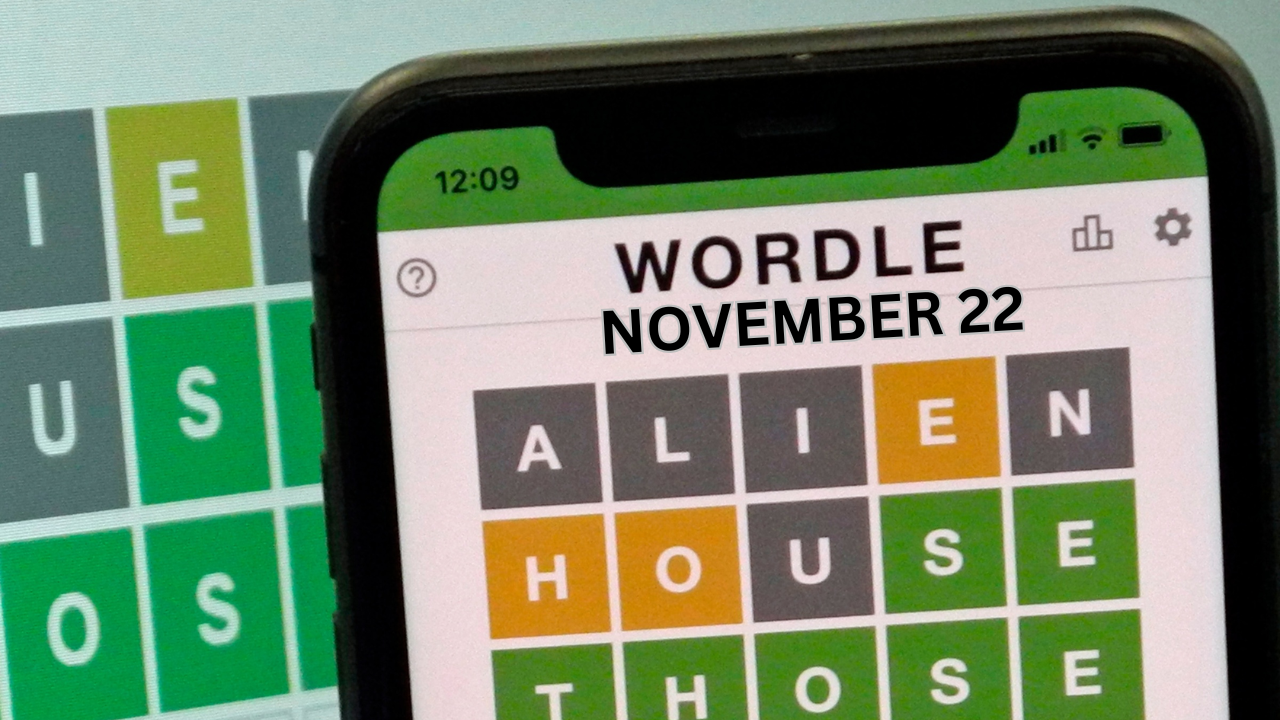Marco McMillian’s beaten and burned body was found by a Mississippi River levee.
McMillian, 33, was a mayoral candidate and a member of Phi Beta Sigma Fraternity. McMillian was Black, openly gay, and possibly a victim of hate crimes.
His murder is heinous. Yet, there have been no protests. Trayvon Martin’s youth and the audacity of George Zimmerman’s allegations of self-defense shocked Black communities into protest. But, like Trayvon Martin, Marco McMillian was a son of the Black community. He was also a pioneer in gay rights.
McMillian graduated from Jackson State University, an HBCU. He pledged Phi Beta Sigma and became International Executive Director of the Fraternity. Hoping to improve his poverty-stricken Mississippi town, McMillian returned to Clarksdale, population 17,800, to run for Mayor. He would have been the first openly gay candidate for public office in Mississippi.
McMillian’s gay identity may have over-shadowed his racial identity highlighting the Black community’s discomfort with homosexuality. The Pew Research Center’s Forum on Religion & Public Life finds African-Americans are markedly more religious than the U.S. population as a whole. Nationally, African-American women have the highest level of religious commitment, the study said.
For many, homosexuality has been elevated to a sin above all others. Leviticus 18: 22 teaches: “Do not lie with a man as one lies with a woman. It is an abomination.” Yet, Leviticus also teaches do not lie with prostitutes or eat pork. The Old Testament prohibits working on the Sabbath, coveting thy neighbor’s wife, and having sex with thy mother’s sister among other sins.
Many African-Americans reject gay marriage is the same as legalizing inter-racial marriage. In 1967, the U.S. Supreme Court decided Loving v. Virginia. Mildred Loving, African-American, and her husband Richard, European-American, were arrested, convicted, and forced to leave Virginia because of anti-miscegenation, or anti-mixing, laws. The U.S. Supreme Court ruled Virginia could not interfere with the right of marriage based on race.
But, race and sexual orientation are not the same. Both gays and Blacks have been marginalized by law and tradition. Segregationists have referred to God’s will when denouncing racial integration and inter-racial marriage. However, skin color is part of African heritage and goes well beyond sexual relationships.
Then, there is gay sex, an unspoken part of the unease with same-sex couples. America is known as a prudish nation that tries to separate televised sexual antics from private sexual intimacy. Homosexuality was a mental illness. Until 10 years ago, sodomy was a crime. In 2003, the U.S. Supreme Court legalized homosexual sex, between two consenting adults, in the Lawrence v. Texas case.
But, tensions between gay and racial justice activists remain when gays use the legal foundation built by African-Americans without giving attribution or financial support. Further, as gay White males ascend they appear to seek the power to oppress long denied them by their sexual orientation.
In 2012, the NAACP and President Barack Obama supported gay rights as did millions of African-Americans. There was a religious backlash and calls for a voting boycott. But voting rights gained by Blacks were the life’s work of a diverse group of activists, including Black gay activists.
Black gay activists like Bayard Rustin taught Martin Luther King, Jr. the strategies of nonviolence. Attorney Pauli Murray brought the case integrating juries in Alabama. Dancer/choreographer Alvin Ailey created “Redemption” and “Fix Me Lord” to sooth those souls burdened by racism.
Scholar Angela Davis explained the intricacies of oppression. Langston Hughes and Audré Lourde wrote of the pain and desire to live free. James Baldwin wrote the “Fire Next Time” warning America to end racial discrimination.
Equality is an universal quest. Men may not understand women who demand equality. Whites may not believe African-Americans are still wrestling with racial discrimination. Citizens may not grasp the plight of immigrants. And, heterosexuals may not believe gay love deserves equal treatment under law.
Next week, the U.S. Supreme Court will hear two marriage equality cases. The Hollingsworth case is a challenge to California’s referendum ‘Proposition 8’ which repealed same-sex marriage. U.S. v. Windsor challenges the Defense of Marriage Act (DOMA). Windsor was forced to pay Federal inheritance taxes a widow in a heterosexual marriage would not have paid. The Court will decide if America will legalize same-sex marriage.
But, in Mississippi, Marco McMillian’s murder investigation continues. The suspect, Lawrence Reed, 22, was caught after he crashed McMillian’s car in Tennessee. Mississippi has hate crime laws for race-based acts, but none for sexual orientation.
McMillian may not have met this fate had he abandoned Clarksdale to live free in a large city or stayed quiet. However, like Civil Rights activists before him, Marco McMillian decided to go where he was needed.
For this sacrifice, McMillian’s death deserves attention in the African-American and gay communities.
Gloria J. Browne-Marshall, an Associate Professor of Constitutional Law at John Jay College in New York City, is author of “Race, Law, and American Society: 1607 to Present,” and a legal correspondent covering the U.S. Supreme Court.





